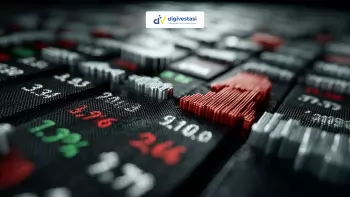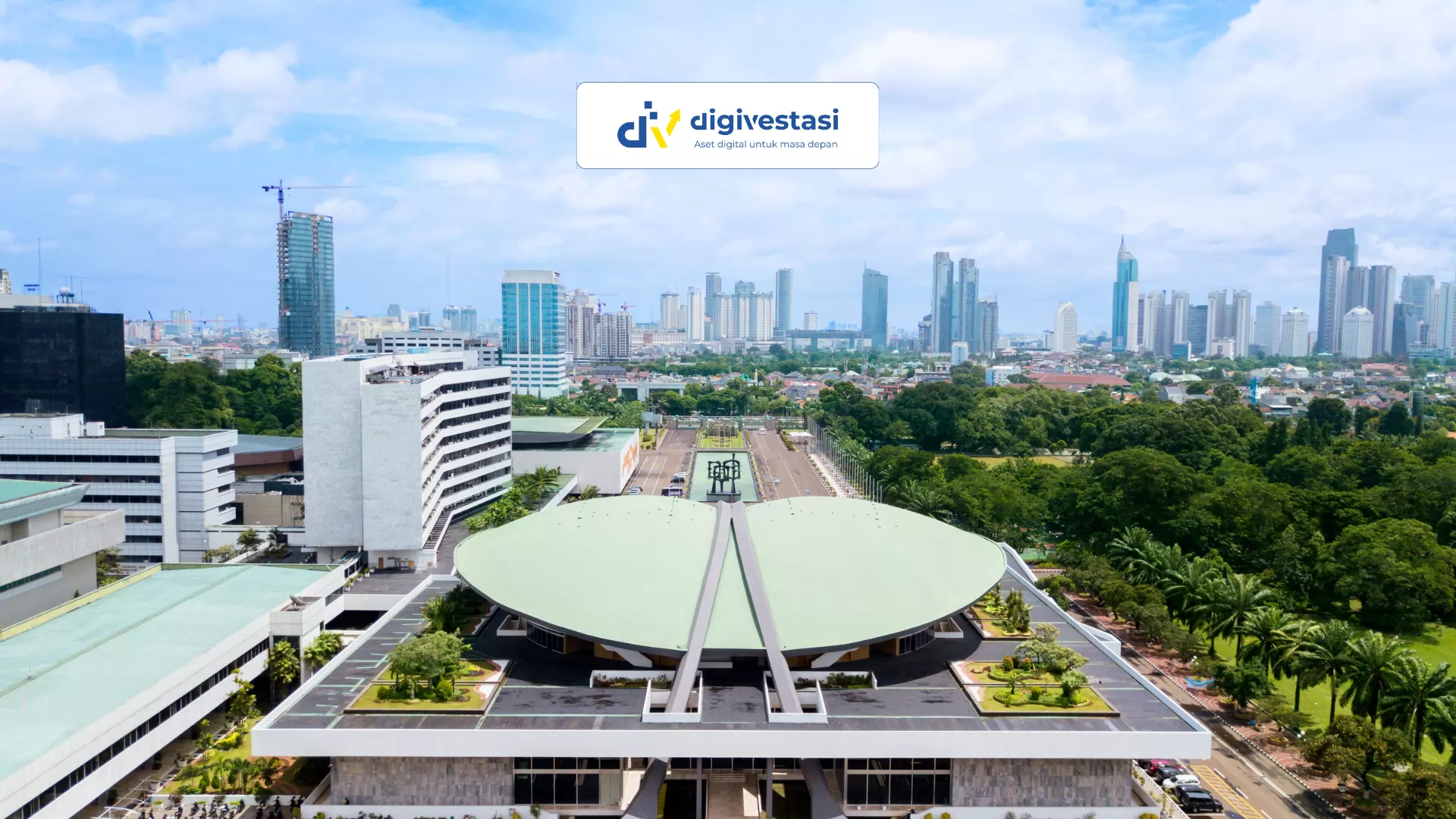
Saham News
Foreign Investors Quietly Buy These 10 Stocks - Check the List!
/index.php
Bisnis | Ekonomi - Posted on 21 August 2025 Reading time 5 minutes

President Prabowo Subianto has placed a new burden on State-Owned Enterprises (SOEs), requiring them to contribute US$50 billion—or approximately Rp809 trillion (assuming an exchange rate of Rp16,180 per US dollar)—to state revenue.
Prabowo argued that with total SOE assets reaching US$1,000 trillion, such a contribution should be feasible, ensuring that the state budget (APBN) no longer runs a deficit.
“SOEs must contribute at least US$50 billion to state revenue. If they can achieve that, our budget will not be in deficit,” Prabowo stated during his speech on the 2026 State Budget Draft (RAPBN) and Financial Note at the House of Representatives, Jakarta, Friday (15/8).
However, Chief Operating Officer (COO) of Danantara, Dony Oskaria, revealed discouraging data. He reported that there are currently 1,046 SOEs in Indonesia, including subsidiaries, sub-subsidiaries, and affiliated entities.
Despite the large number, only a handful contribute significantly to state revenue, primarily through dividends.
“Of the 1,046 companies, 97 percent of SOE dividends come from just eight firms,” Dony disclosed during a special talk show titled Reading the Direction of the Economy and Fiscal Policy 2026 with CT Corp Chairman, Chairul Tanjung, Friday (15/8).
He further noted that about 52 percent of SOEs are currently operating at a loss, costing the government an estimated Rp50 trillion annually.
Prabowo also criticized wasteful practices within SOEs, particularly in paying bonuses (tantiem) to commissioners. He cited examples where commissioners attended only one meeting per month yet received up to Rp40 billion annually.
Prabowo ordered the removal of these bonus payments, and Danantara has begun enforcing this through Circular Letter No. S-063/DI-BP/VII/2025, dated July 30, 2025, which prohibits bonus payments to commissioners.
Deputy Speaker of the House of Representatives, Sufmi Dasco Ahmad, stated that this policy could save up to Rp17–18 trillion.
However, the question remains—can these measures enable SOEs to contribute US$50 billion annually?
Economist from Andalas University, Syafruddin Karimi, noted that while SOEs control massive assets, most are in the form of equity and fixed assets, not liquid cash. Unlocking such value would require asset sales or consistently high profits—something challenging to achieve without compromising SOEs’ strategic roles.
By 2024, total SOE dividends contributed to the state budget stood at only Rp85.5 trillion, equivalent to US$5–6 billion—far below the US$50 billion target.
Syafruddin highlighted that major SOEs such as PLN, Pertamina, and Telkom require substantial capital expenditures, while banking SOEs like BRI and Bank Mandiri must adhere to strict minimum capital and risk buffer regulations from the Financial Services Authority (OJK) and Basel Committee on Banking Supervision (BCBS).
Forcing large dividend payouts could weaken credit expansion capacity and hinder their role in financing SMEs and strategic projects.
He emphasized that rather than extracting instant dividends, the government should focus on improving efficiency, competitiveness, and long-term profitability.
Meanwhile, Economist from CORE Indonesia, Yusuf Rendy Manilet, pointed out that with 52 percent of SOEs still unprofitable, contributions to state revenue are heavily reliant on a few major firms such as Pertamina, PLN, Telkom, and Himbara banks.
He suggested comprehensive restructuring, consolidation, digitalization, divestment of unproductive units, and the inclusion of strategic partners to strengthen capital and efficiency. However, this process requires time, consistency, and political will.
He added that while eliminating commissioner bonuses sends a positive governance signal, its financial impact is relatively small and insufficient to significantly improve SOEs’ balance sheets.
Source: cnnindonesia.com
What do you think about this topic? Tell us what you think. Don't forget to follow Digivestasi's Instagram, TikTok, Youtube accounts to keep you updated with the latest information about economics, finance, digital technology and digital asset investment.
DISCLAIMER
All information contained on our website is summarized from reliable sources and published in good faith and for the purpose of providing general information only. Any action taken by readers on information from this site is their own responsibility.